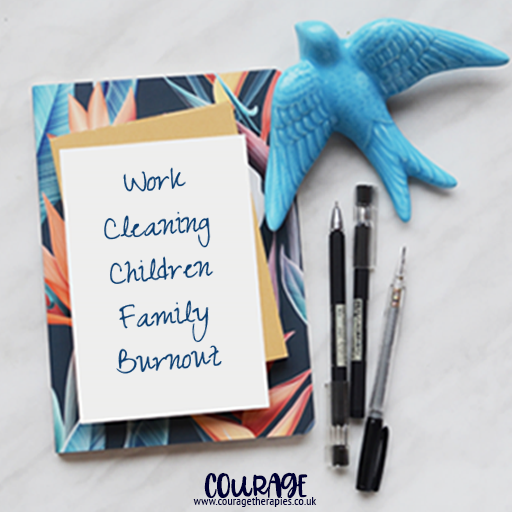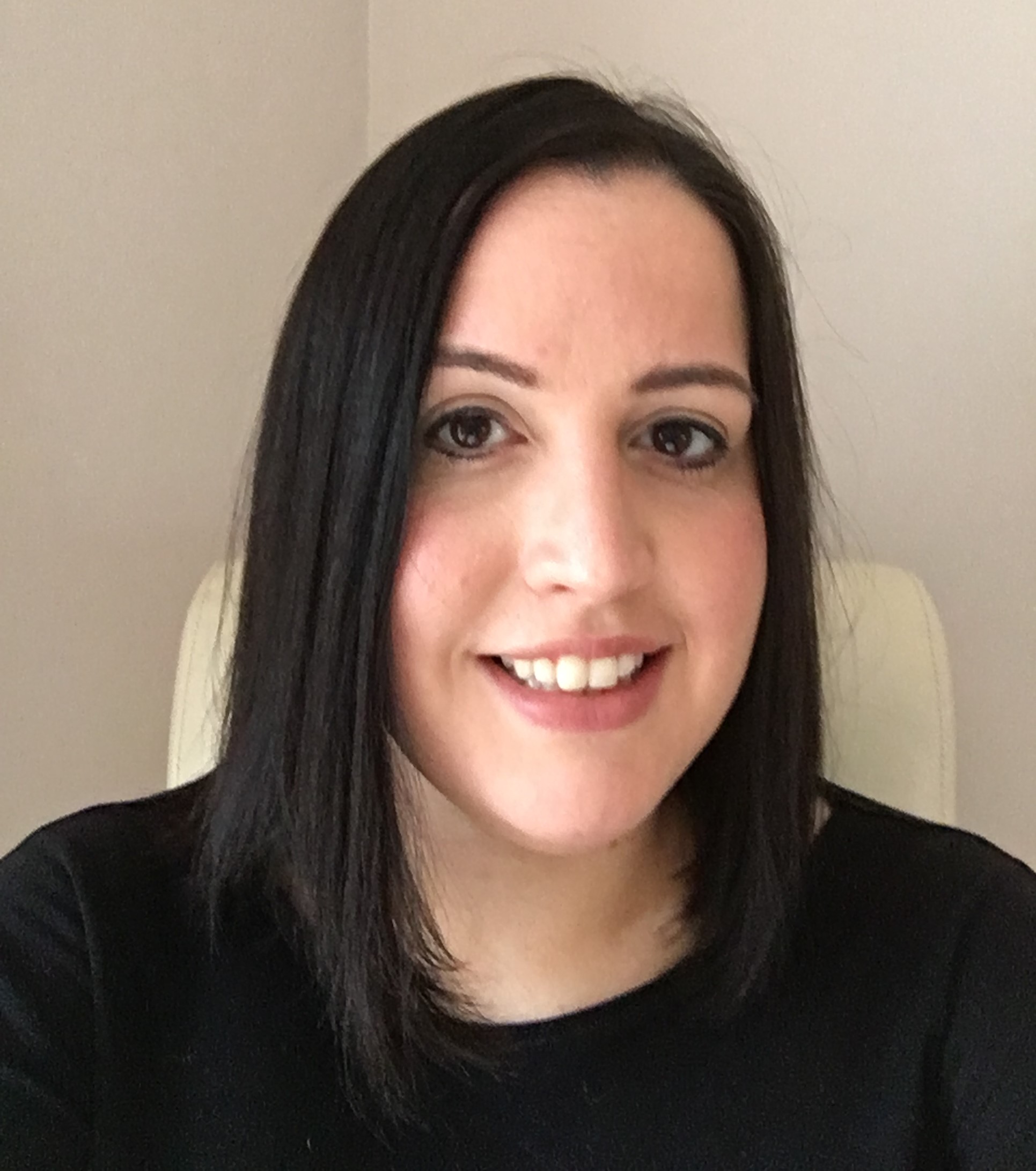
Heading For a Burnout? Why You Need To Know About Self Care
What’s on your to-do list this week?
- Plan a week of enriching activities for your children
- or go to work and exceed all your targets (or both!)
- race to pick up the children from nursery or school
- feed them, try and remember to do their homework, bath them, get them to bed
- wash the pots, push the hoover around, iron clothes for tomorrow
- pick up an email from your manager
- argue with your partner about whose turn it is to put out the bins
- ring your mother before she panics that you’ve dropped off the planet
- burnout
Why is self care important anyway?
I used to be one of those people that just kept going and going. People seemed to look at me and marvel. I would regularly get comments like “I don’t know know how you do it” and “When do you sleep?!”. To me “it just needs to be good enough” and “you can only do your best” meant giving 100%, 24/7. As soon as I’d achieved one thing, I was on to the next thing – barely even leaving space to celebrate and enjoy my successes.
I was spinning all kinds of plates like a spectacular circus performer. Every day there were more and more plates to spin and they were wobbling faster and faster. Every day, I pushed myself harder and harder to spin, spin, spin. I tried dropping out some plates but new ones just appeared in their places.
Then, one day I had an unexpected shock – someone tried to hurt me in a way that left me feeling painfully vulnerable. I felt shaken at my core. With hindsight I could see there was no truth in this malicious attack and therefore no real risk to me. At the time, I was so exhausted and overwhelmed with everything else that I really believed there was.
My heart was racing, I couldn’t focus on anything, I kept snapping and crying. I didn’t recognise myself.
I had reached burnout.
Everything I had worked for was falling apart.
The plates all crashed to the ground. I didn’t feel spectacular; I felt sick. Everything I valued, everything I had worked hard for was at risk (or so it felt at the time). I tried a few different things – mindfulness, medication, positive thinking, but nothing worked. In my constant busyness, I had neglected all of my friendships and I felt completely alone.
I have to be honest – at this point, my critical inner voice was shouting “Therapist, heal thyself!” so loudly I thought other people might hear it. “Come on, sort yourself out, just get a grip.” I was trying to fix my problem in the exact same way I’d broken it. I didn’t want to ask for help, I didn’t want to tell anyone I was struggling and I was push, push, pushing myself to just fix it.
How do you heal from a burnout?
Thankfully, the therapist in me knew I couldn’t heal alone this time. She knew I needed help and so I found what I needed by returning to therapy.
This was a nerve-wracking experience but one that I am grateful for as it reminded me of what my own clients might feel when they contact me for an appointment or come for their first session. Share on XMy therapist was exactly what I needed – calm, solid and most importantly she encouraged us to work at a steady pace. I knew this work as therapist but I had forgotten the sheer relief of what it was like to be on the receiving end of it. I didn’t need to struggle alone anymore, my therapist had my back.
Piecing my life back together
Together we began to survey the rubble of smashed plates and start to think about how to put the pieces of my life back together. They needed to go back together in such a way that I didn’t keep repeating the same mistakes.
It started with the basics – with self care. I don’t mean hand cream and spa days (though if that’s what works for you, keep doing it!). For me the basics was choosing a single, basic hygiene task and doing that consistently. It felt ridiculous at first – I was a qualified therapist, why on earth was I talking about brushing my teeth – but it soon became a way to show myself that I mattered, every single day, no matter what else needed doing, looking after myself came first. I had spent so long putting everyone else first, thinking burnouts wouldn’t happen to me. But it did. And this is why you need to know about self care.
No-one is immune to the risk of burning out.
Not even therapists.
Not even you.
So how can you prevent it happening?
- Self care.
No long and complicated lists. It doesn’t even have to take a long time. And it definitely doesn’t need to involve painting your nails or taking bubble baths.
How do you stop yourself from reaching the point of burnout? Stop firing on all cylinders. It’s a scary prospect and one you might need some support with but it is both possible and necessary.
Self care is both possible and necessary, no matter how little time you have. Share on XThere’s no judgement here. If you’ve read this far, you know I’m in no position to judge. Even if I was, one of my core beliefs is that judgement and shaming doesn’t lead to lasting positive change.
This is about kindness – showing yourself kindness. Letting yourself rest and recuperate.
But what if you haven’t got time to even think about it?
Let alone do it…
My unhelpful answer to that is “Leaving yourself to burnout will leave you with even less time to do the things you need to do.”
My helpful answer is in next week’s blog…











